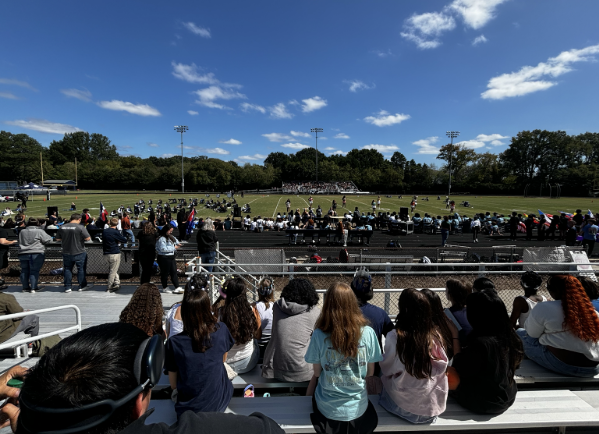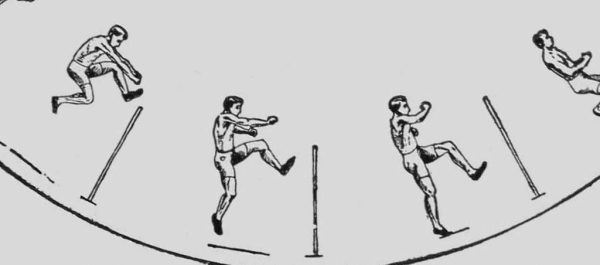Lacking mental health treatment in our country

Increasing in prevalence, the amount of Americans taking prescription psychiatric medication has reached 1 in 6. Mental illness is rampant in the United States, and the provided support for those struggling is insufficient.
December 19, 2018
In the United States, suicide is the tenth leading cause of death overall, ranking third for ages 10-24 and second for ages 15-24. According to the Center for Disease Control, there are more than twice as many suicides than homicides each year. An American citizen dies from suicide every 12.8 minutes, meaning 121 Americans take their lives each day. Mental illness is rampant in the United States, affecting twenty percent of adults and twenty-three percent of minors. Regardless of these elevated numbers, the amount of mental health treatment available is scarce. Treatment that is accessible is difficult to obtain and costly, often not being sufficient to the patient’s needs. The United States healthcare system requires more affordable, improved mental health treatment.
Mental illness is prevalent in American society among citizens of all ages and socio-economic backgrounds. Mood disorders, such as depression and bipolar disorder, are the third most common reason for hospital visits ages 18-44. Major Depressive Disorder, also known as clinical depression, is a disorder where one experiences a persistent and intense feeling of sadness for an extended period of time. The school dropout rate for students with mental health disorders is 37 percent, the highest rate of any disability. Contributing to this percentage, the amount of youth with Major Depressive Disorder could fill every major league baseball stadium on the East coast two times. This includes the eight out of every one hundred minors who struggle with severe Major Depressive Disorder.
Considering the substantial number of individuals afflicted by mental illness in the United States, the extent of mental health treatment is inadequate. Nationally, only one mental health professional is available per 529 patients. 56.5 percent of adults with mental illness and 64.1 percent of minors with Major Depressive Disorder have been deprived of treatment within the last year. This means that 1.7 million youth with Major Depressive Disorder episodes have not had treatment. Only 37.4 percent of minors with severe Major Depressive Disorder have sought treatment, with a mere 21.7 percent of those receiving consistent care.
The mental health treatment that is available throughout the United States is difficult to receive, as well as extremely expensive. According to the national average, one therapy session costs between $80 to $120, while one day in an inpatient mental health facility ranges from $1,791 to $2,289. An obvious obstacle to obtaining this care is the 7.5 million adults with mental illness who are not covered by insurance. Even of those who do have insurance, 7.9 percent of youth are covered by insurance who do not handle emotional issues. Major Depressive Disorder ranks as the leading cause of disability in the U.S. for ages 15-44; however, 22.94 percent of adults with disability could not afford to go to a doctor. American citizens with mental illness are two and a half to seven times more likely to have issues with medical care because of costs, providing an explanation as to why adults with mental illness die twenty-five years earlier on average. Additionally, seventy-six percent of youth with severe depression have had either no access or insufficient treatment.
In its entirety, American mental health treatment is inadequate and deficient. Freshman Emily-Rose Hall said, “I think that mental health is really looked down on an,d that if you have a mental illness you are considered crazy. Mental illnesses should be treated with the same respect as physical illnesses because one can be just as serious as the other.”











